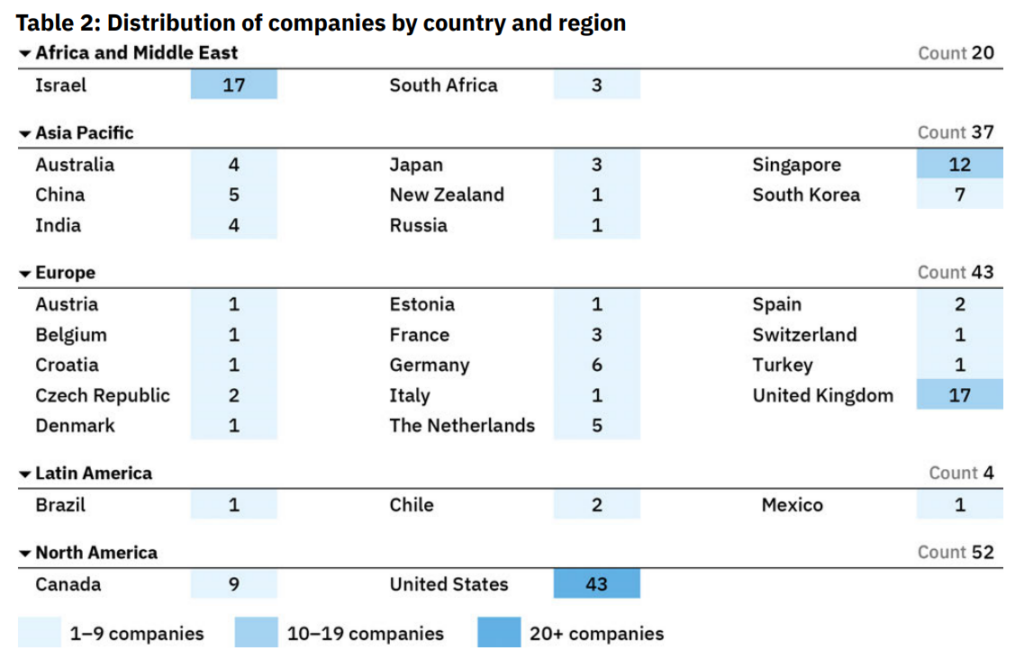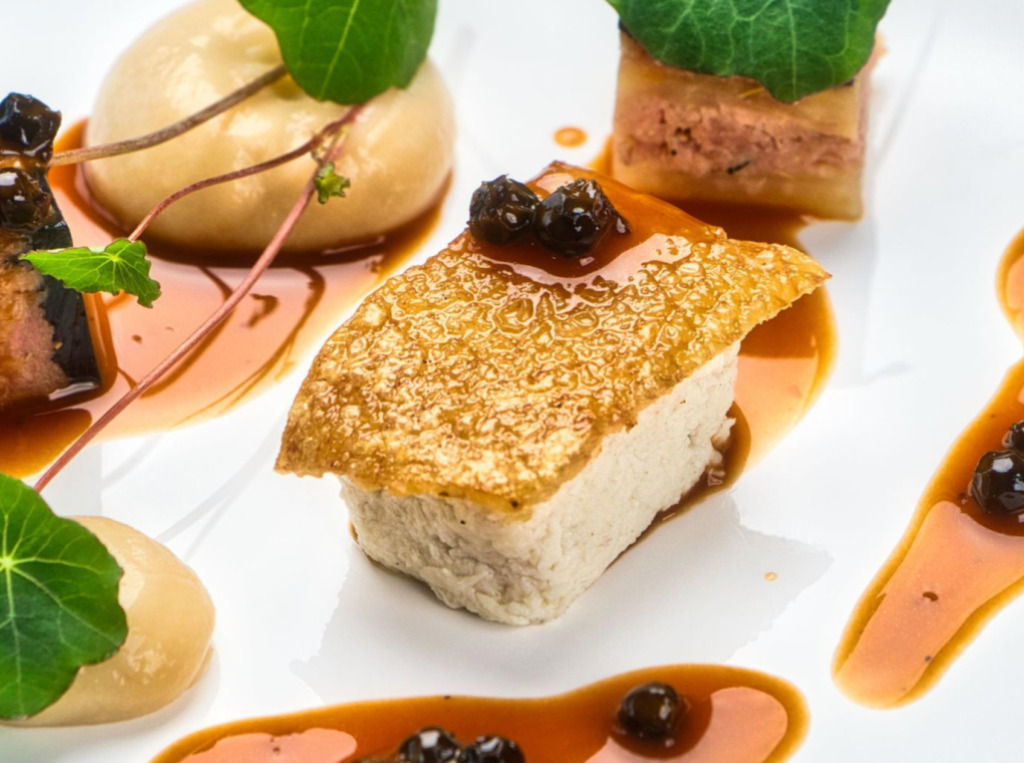Can Industry Collaboration Help Accelerate the Regulatory Approval of Cultivated Meat in APAC?
5 Mins Read
Launching this week, a new platform of industry stakeholders across nine Asia-Pacific countries is looking to facilitate collaboration to advance the regulatory approval of cultivated meat in the region.
Established by the APAC Society for Cellular Agriculture and the Good Food Institute APAC, the APAC Regulatory Coordination Forum is described as a platform for cross-border dialogue between cell-cultured food producers, industry associations and think tanks, and government agencies and regulators in multiple jurisdictions.
Launching at Singapore International Agri-Food Week (October 31 to November 2), the forum aims to help develop nations’ regulatory frameworks via increased data and knowledge sharing between countries, streamlined review processes for companies hoping to enter multiple markets at once, and reduced trade barriers.
A group of 11 stakeholders from nine countries – including APAC-SCA and GFI APAC – have signed a memorandum of understanding to mark the platform’s formation. These include GFI’s India and Israel chapters, Cellular Agriculture Australia, Japan Association for Cellular Agriculture, Cell AgriTech (Malaysia), University of Brawijaya (Indonesia), Future Ready Food Safety Hub (Singapore), Society for Food Sustainatech (South Korea), and law firm Dentons’ China branch.

More companies and organisations may be added as signatories in the future (on an invitation-only basis), pending approval from GFI APAC and APAC-SCA. At least 37 companies are known to be working with cultivated meat and seafood in Asia, according to GFI. Mirte Gosker, managing director at GFI APAC, says global distribution must expand beyond early adopters for cultured meat to reach its full potential. Currently, only two countries allow the sale of cultivated meat in the world. Singapore was the first to do so in 2020, followed by the US earlier this year.
“By bringing together industry leaders and regulatory officials from countries across Asia Pacific, we are working to reduce duplication of efforts, streamline international approval processes for novel food producers, and create a clear pathway to market for innovative new products,” said Gosker.
Collaboration on regulatory criteria and ‘fast lanes’
“Member entities will be invited to participate in regularly scheduled discussion sessions about the latest developments in regulatory processes, as well as unresolved questions in need of further consideration. They will also have access to private discussion platforms where best practices, advice, and confidential insights can be shared among regional stakeholders,” Gosker adds.
“Through this increased knowledge-sharing and cross-border coordination, we aim to develop clear and effective pathways to commercialisation of cultivated foods, reduce time to market for producers, and create a level playing field when it comes to imports and exports.”

APAC Regulatory Coordination Forum lays out six key goals in its MoU. The first involves facilitating the coordination of regulatory efforts across APAC to build an effective regulatory environment for cultivated proteins, as well as minimise hurdles and bottlenecks.
The platform is also seeking to set up a mechanism for continuous, systematic cross-country dialogue between stakeholders. “Our aim is to transparently share information, collaborate on inputs such as data or safety assessments, and provide open discussions and viewpoints between partners across the region,” the MoU states.
Another goal is mutual recognition of coordinated regulatory frameworks in the region, such as aligning on criteria for safety testing, labelling and inspections. This would help reduce the time and resources needed for approval, and minimise trade barriers and costs for consumers. “These efforts could potentially culminate in the development of trust between authorities to create ‘fast lanes’ for approval of companies already authorised for sale in another regional country.”
Ensuring religious standards and defining novel approaches
The APAC Regulatory Coordination Forum wants to ensure cultured meat and seafood adhere to religious rulings and standards (like halal and kosher), where it noted that coordinated efforts are required to build consensus around the topic. Last month, three Shariah scholars told alt-protein leader Eat Just – the parent company of GOOD Meat, the producer that earned regulatory approval in Singapore – that cultured meat can be considered halal if it meets certain criteria.
The group also aims to standardise regulatory approaches on new approaches yet to be looked into, such as novel cell cultivation technologies and the definition of hybrid and blended meat. Finally, it plans to coordinate information to all participants transparently, bringing each member up to date with current developments and trends in the sector.
“The regulatory forum is established to bring forth a platform to facilitate open and transparent discussions regarding regulatory matters in cellular agriculture,” said Peter Yu, programme director at APAC-SCA. “We hope to build a repository of information that can aid in regulatory coordination across the APAC region while providing a pathway for new jurisdictions to quickly get up to speed.”

In addition to GOOD Meat, Australia’s Vow Food is another cultivated meat company that has filed for regulatory approval in APAC, applying to the bilateral Food Standards Australia New Zealand for its cell-cultured quail. But it’s unknown if other companies have filed for approval anywhere, as Gosker explains: “Several companies have publicly discussed their submissions for regulatory approval in Singapore (for example, Meatable), but unlike in Australia/New Zealand, this information is not required to be publicly disclosed by the government.”
She adds: “Japan and South Korea will likely be next in line among APAC countries to develop such frameworks, as both nations are proactively seeking input from industry groups to craft clear and efficient safety review processes. No timeline has been set for when this work will be completed.” Meanwhile, Israel’s Aleph Farms is waiting to hear back from regulators in Switzerland and the UK for its application.
“The biggest barrier to cultivated meat approvals in emerging markets is the need for regulators to adapt existing regulatory frameworks or develop new standards,” Gosker says. “This will vary country-by-country, based on their existing regulatory regimes, but by sharing best practices and proactively facilitating conversations between industry leaders and regulators, the APAC Regulatory Coordination Forum aims to streamline and accelerate this process in a way that is beneficial for governments and innovators alike.”
“Ultimately, we envision a clear and effective contingency for the industry as a whole towards commercialisation of cultivated food products across the region,” said Yu. “We encourage the participation of any potential new members vested in these matters, located among any of our APAC member countries.”



